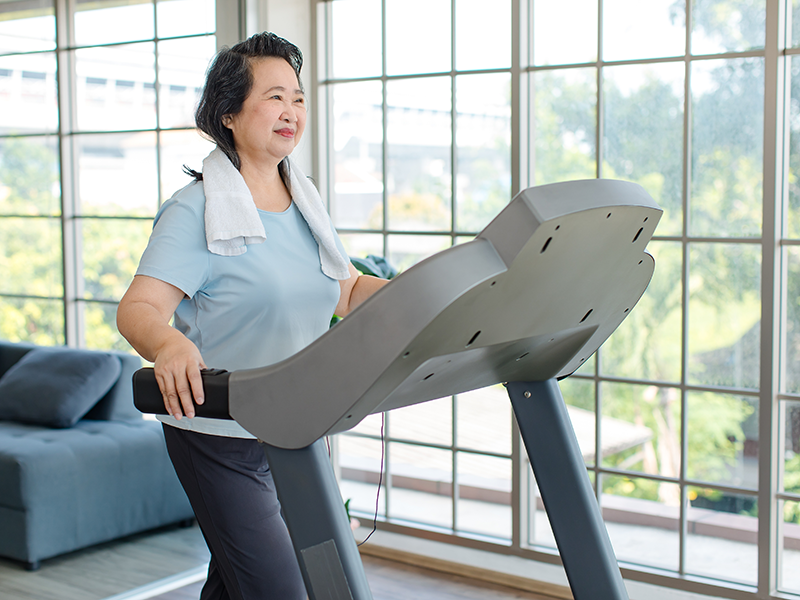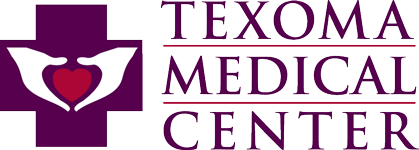Exercise helps you recover after a cardiac event and here are tips to help you do it more safely.

Experiencing any type of cardiac event, such as having a heart attack or undergoing surgery, can make it hard for you to imagine getting back to a level of activity you used to enjoy. It can also be difficult to think about exercising more than you did before the event if you were previously sedentary. But although it may feel daunting at first, becoming more physically active is one of the best things you can do to improve your heart health and overall well-being.
When easing into exercise after a heart attack, surgery or other cardiac event, it is important to do it gradually and to follow recommendations from your healthcare team. Have a discussion with your doctor about what activities you can safely engage in and warning signs to look out for. Many doctors suggest joining a cardiac rehabilitation program after having a heart attack. This allows you to begin doing more physical activity under the watchful eye of trained specialists who can monitor your progress and provide you with tailored suggestions to move your recovery forward.
But whether you go to cardiac rehab or exercise on your own, here are a few tips to keep in mind as you ease into exercise after a heart attack or other cardiac event:
- Set realistic goals. It can be overwhelming to start an exercise routine, especially if you're new to exercise or are worried about how your body will react after your cardiac event. But it's more manageable when you make your goals achievable and realistic based on your current fitness level and health condition. Celebrate small milestones to stay motivated.
- Take it slowly. Begin with low-intensity activities such as walking or gentle stretching. Start by doing the activity for a short time at a pace that feels comfortable. As your exercise tolerance improves, you can increase the intensity or duration, but do it gradually.
- Listen to your body. Pay attention to any signs of discomfort, pain or fatigue during and after exercise. If you experience chest pain, shortness of breath or dizziness, stop immediately and consult your healthcare provider.
- Stay consistent. The benefits of exercise require that you stay physically active most days. So find activities you enjoy doing and create a routine you can stick with over the long term. It's okay to occasionally miss a few days or to change up your routine, but exercise is most effective when it is done regularly.
- Monitor your progress. Keep track of how you feel as you exercise, such as what your energy level is like, whether you have any symptoms during or after exercise, and how you have been able to progress since the start of your recovery. Share this information with your healthcare team during follow-up appointments.
Adopting a more active lifestyle after a cardiac event is not only good for your heart, but it also helps improve mood and overall well-being. Additionally, it can help you lose or maintain a healthy weight, which is also good for your heart. Just be sure to follow any recommendations from your healthcare team and take things slowly to prevent any potential complications that may result from doing too much too quickly.
Copyright 2023 © Baldwin Publishing, Inc. Health eCooks® is a registered trademark of Baldwin Publishing, Inc. Cook eKitchen™ is a designated trademark of Baldwin Publishing, Inc. Any duplication or distribution of the information contained herein without the express approval of Baldwin Publishing, Inc. is strictly prohibited.
Date Last Reviewed: January 19, 2023
Editorial Review: Andrea Cohen, Editorial Director, Baldwin Publishing, Inc. Contact Editor
Medical Review: Perry Pitkow, MD
Learn more about Baldwin Publishing Inc. editorial policy, privacy policy, ADA compliance and sponsorship policy.
No information provided by Baldwin Publishing, Inc. in any article is a substitute for medical advice or treatment for any medical condition. Baldwin Publishing, Inc. strongly suggests that you use this information in consultation with your doctor or other health professional. Use or viewing of any Baldwin Publishing, Inc. article signifies your understanding and agreement to the disclaimer and acceptance of these terms of use.
